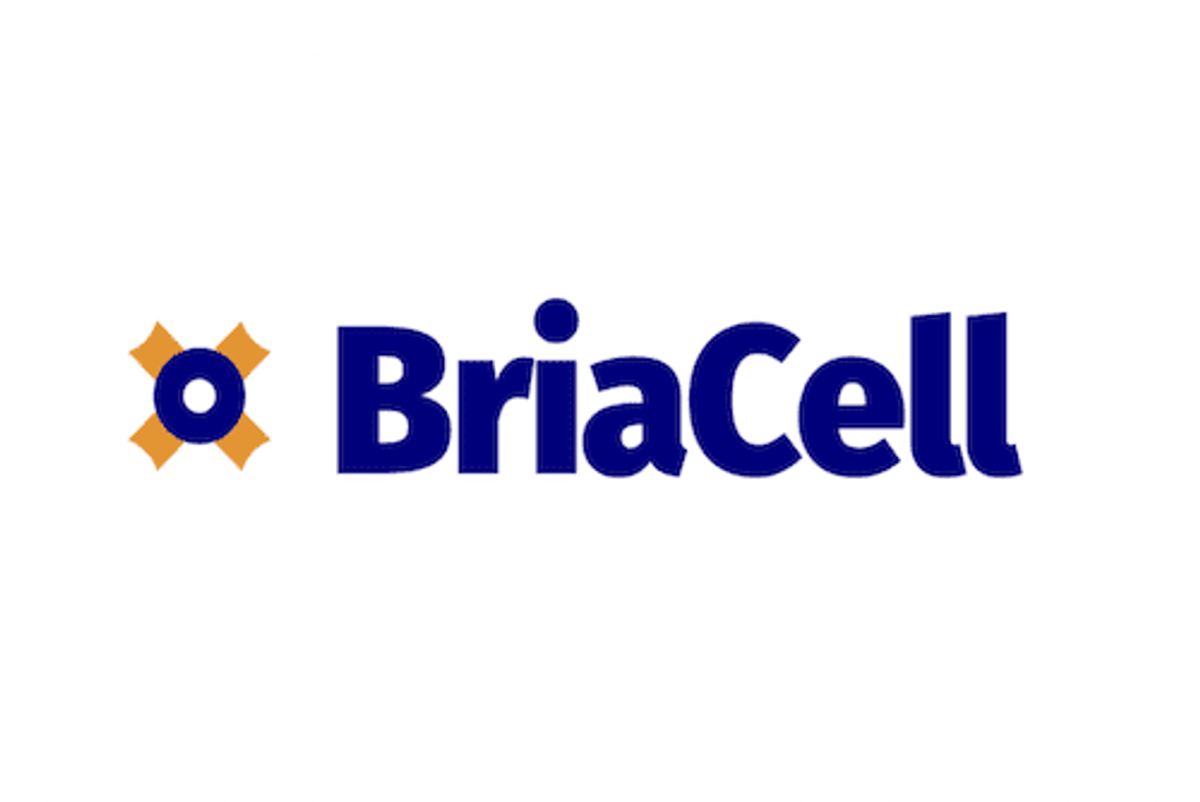A comprehensive new study from deCODE genetics, a subsidiary of Amgen, published today in Nature Genetics, provides insights into the epidemiology and somatic and germline genetics of clonal hematopoiesis. Whole genome sequence data from Iceland and the UK Biobank, combined with a unique somatic mutation Barcoding strategy, was used to investigate clonal hematopoiesis at the population scale.
Clonal hematopoiesis is a condition that arises when a single clonal lineage of hematopoietic stem cells (HSC) expands and becomes the source of a substantial proportion of mature blood cells. The deCODE scientists used whole-genome sequence data from over 176,000 people to detect clonal hematopoiesis in more than 16,000 subjects. The study reaffirmed that clonal hematopoiesis is very common in the elderly, approaching 50% in people over 80 years old. People with clonal hematopoiesis have an increased risk of being diagnosed subsequently with hematological neoplasia, and they have higher mortality rates. Clonal hematopoiesis had previously been claimed to be involved in a broad spectrum of nonhematological conditions ranging from carcinomas to cardiovascular disease. The study showed that smoking accelerates the development of clonal hematopoiesis in a dose-dependent manner and that all the associated nonhematological diseases are likely tied to smoking behaviour. The study found evidence of mutations that occur in HSC that can drive their clonal expansion. Moreover, the investigators found 25 inherited sequence variants that predispose individuals to develop clonal hematopoiesis. The deCODE scientists developed a method for detecting clonal hematopoiesis based on whole genome sequence. This method relies on the fact that every clone carries a unique "barcode" of mutations that arose somatically during development and were present in the founder cell at the inception of the clone. If a particular HSC clone expands sufficiently, then this barcode of mutations can be detected by sequencing and provides an indicator that the subject has clonal hematopoiesis. Clonal hematopoiesis has many of the hallmarks of a premalignant expansion of cell clones with a potential to become cancerous. Indeed, people with clonal hematopoiesis are at increased risk of hematological neoplasia and early death. Surprisingly, while some of the increased mortality was due to hematological neoplasia, much of it could be attributed to smoking-related diseases. Clonal hematopoiesis was found to increase risk of being diagnosed with not only hematological neoplasia, but also chronic obstructive pulmonary disease, lung cancer, peripheral artery disease, emphysema and alcohol abuse. The study did not, however, find evidence supporting the widely reported association of clonal hematopoiesis and cardiovascular disease. Smoking was found to have a dose-dependent effect on clonal hematopoiesis and probably accelerates its development as people age. This suggests that clonal hematopoiesis is in some respects a smoking marker and that nonhematological disease associations are essentially a result of smoking behaviour and advanced age. The study then investigated the genetic underpinnings of clonal hematopoiesis, focusing first on mutations that might occur in the HSCs, giving them a selective advantage allowing them to take over the bone marrow and hematopoiesis. They find several of these so-called driver mutations, many of which have known involvement in myeloid and lymphoid neoplasia. However, most HSC clones do not have an obvious driver mutation and why they expand remains a mystery. Turning to inherited variants that predispose people to getting CH, deCODE found altered genes at 25 such loci. These variants were in some instances shown to affect gene expression, splicing or levels of plasma proteins connected with CH. The variants tend to also affect blood cell counts, myeloproliferative neoplasia and leukocyte telomere length. Overall, the study has provided substantial insights into the genetics and epidemiology of clonal hematopoiesis.
Based in Reykjavik, Iceland , deCODE is a global leader in analyzing and understanding the human genome. Using its unique expertise and population resources, deCODE has discovered genetic risk factors for dozens of common diseases. The purpose of understanding the genetics of disease is to use that information to create new means of diagnosing, treating and preventing disease. deCODE is a wholly-owned subsidiary of Amgen (NASDAQ:AMGN).
Video - https://mma.prnewswire.com/media/2265753/deCODE_genetics.mp4
Photo - https://mma.prnewswire.com/media/2264915/deCODE_genetics.jpg
Logo - https://mma.prnewswire.com/media/1535464/4379013/deCODE_genetics_Amgen_Logo.jpg
![]() View original content to download multimedia: https://www.prnewswire.com/news-releases/epidemiology-and-genetics-of-clonal-hematopoiesis-a-premalignant-hematopoietic-stem-cell-condition-301977092.html
View original content to download multimedia: https://www.prnewswire.com/news-releases/epidemiology-and-genetics-of-clonal-hematopoiesis-a-premalignant-hematopoietic-stem-cell-condition-301977092.html
SOURCE deCODE genetics





